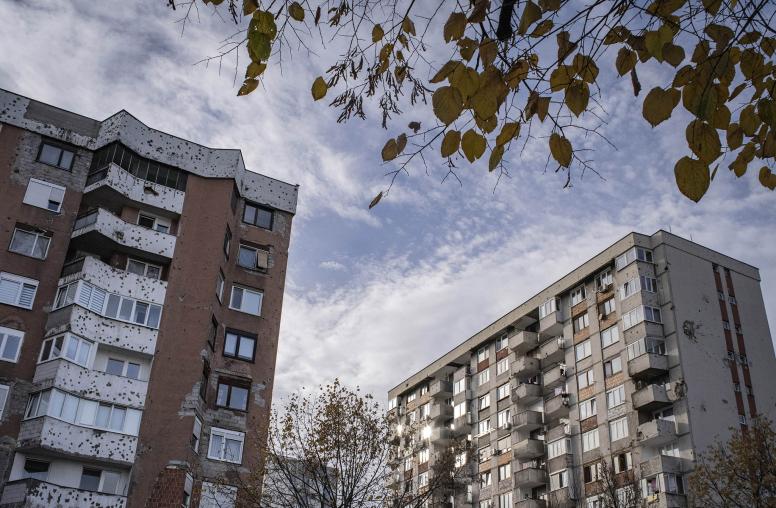Religious Discrimination During Crises: A Global Perspective
Political crises often provide motivation and cover for increased persecution of religious minority communities — a pattern underscored yet again by the COVID-19 pandemic. But why do certain communities become targets and not others? Why do governments sometimes support and even initiate this discrimination? Why does this scapegoating lead to widespread violence in some cases?
On June 14, USIP, the Ansari Institute for Global Engagement with Religion and the Keough School of Global Affairs took a closer look at the complex social, political, economic and religious factors that fuel discrimination towards religious minority communities during periods of political uncertainty. Panelists discussed cross-national trends identified through the USAID-USIP Closing the Gap project, as well as recent events in Myanmar and Iraq. They will also examined anti-Semitism in a global context. And finally, this conversation considered lessons from the U.S. context and explore policy interventions for reducing tensions and promoting peace.
Continue the conversation on Twitter with #FoRBinCrisis.
Speakers
Mahan Mirza, opening remarks
Executive Director, Ansari Institute for Global Engagement with Religion, University of Notre Dame
Sabrina Dent
Senior Faith Advisor, Americans United for Separation of Church and State
Billy Ford
Program Officer, Burma, U.S. Institute of Peace
Knox Thames
Senior Fellow, Institute of Global Engagement
Jason Klocek, moderator
Senior Researcher, U.S. Institute of Peace



